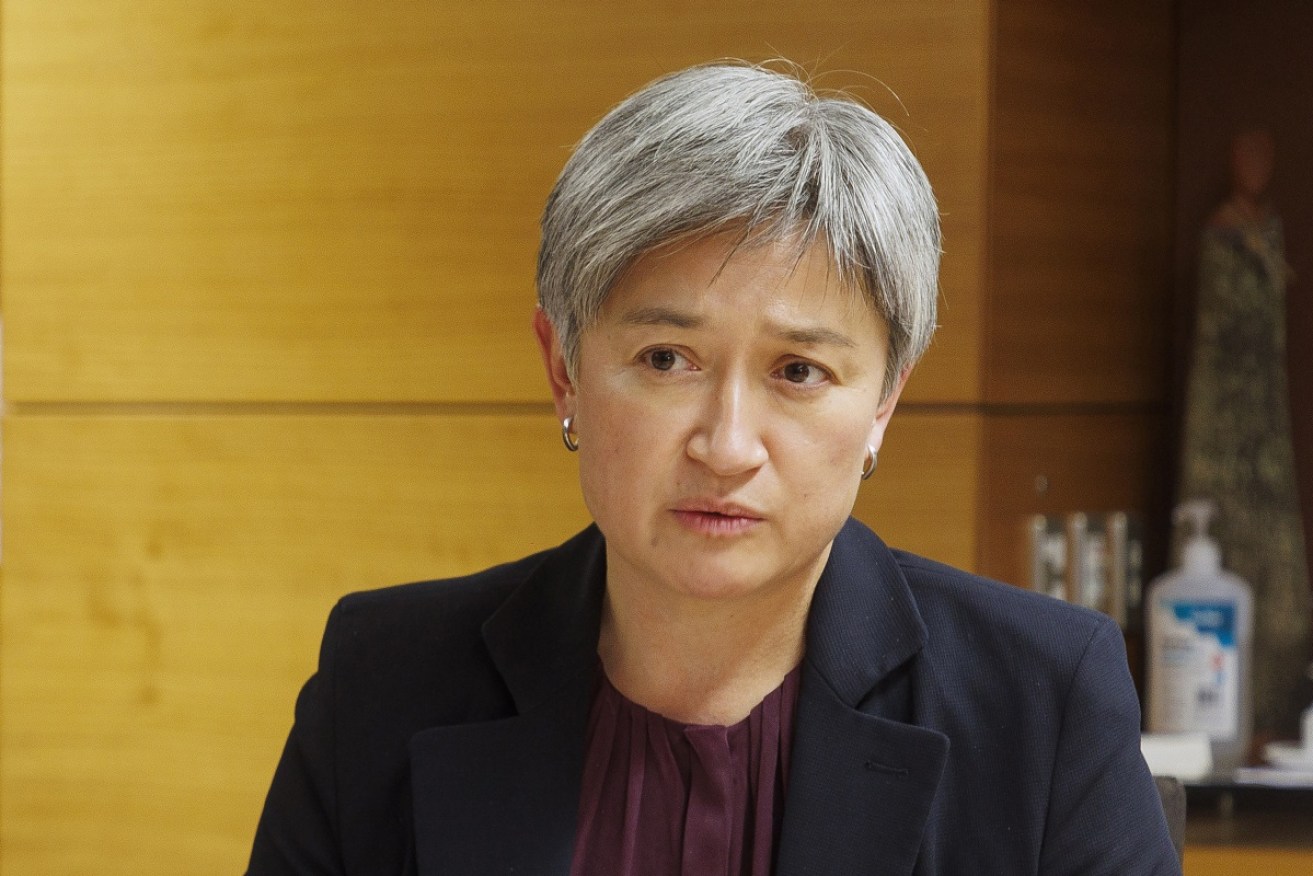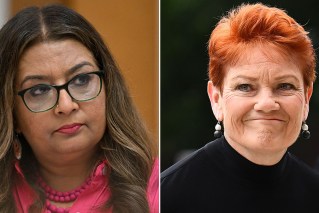Australia unveils $1 billion aid boost to Pacific

Penny Wong says Australia will spend almost $1 billion to boost security ties across the Pacific. Photo: AAP
Australia will pump almost $1 billion into the Pacific to strengthen regional security ties and counter China’s growing influence.
Tuesday’s budget will include $900 million in Pacific funding across four years, including almost $140 million worth of security spending.
Some $45 million will go to the Australian Federal Police’s deployment in the Solomon Islands and $30 million to upgrade aerial surveillance.
The ABC will also get $32 million to expand its content and transmission in the Pacific.
Foreign Minister Penny Wong said the government had “hit the ground running” with a lot of catching up to do.
“Over nine wasted years, the Liberals and Nationals slashed Australia’s development assistance, reduced our influence and left a vacuum for others to fill,” she said.
“We are working to make Australia a partner of choice for the countries of our region, to ensure our security, our economic strength and to shape the world for the better.”
Senator Wong said Australia’s support would allow regional partners to be economically resilient and build critical infrastructure while also providing their own security.
The budget will lock in a labour mobility scheme and include a new visa for up to 3000 Pacific Island and Timor-Leste citizens to move to Australia each year.
Pacific Minister Pat Conroy said the changes would assist the region and help Australia fill skills shortages.
“Our additional investment in Australia’s official development assistance will be the biggest increase over four years since 2011-12 and follows a decade of Liberal cuts,” he said.
Elsewhere, Environment Minister Tanya Plibersek announced on Friday the budget will deliver an extra $204 million for the Great Barrier Reef.
The additional funding will address gaps in the Reef 2050 Long-Term Sustainability Plan and speed-up reef protection activities.
Some $20 million will be dedicated to assisting corals to evolve more quickly and adapt to the changing environment, as well as supporting the natural restoration of damaged and degraded reefs.
“We are taking strong and immediate action on climate change and investing a record $1.2 billion to 2030 to protect, manage and restore the reef,” Ms Plibersek said in a statement.
The budget will also contain $50 for an Australian critical minerals research and development hub.
The government is developing a national critical minerals strategy to accelerate the sector and back-in clean technology.
Another $50 million will be earmarked for critical minerals project grants, with demand expected to spike with the uptake of electric vehicles.
“Australia’s natural resources have powered our nation and we are committed to supporting the critical minerals sector and new clean technologies,” Prime Minister Anthony Albanese said.
“Today’s new initiatives will ensure we can create and support local jobs, diversify global supply chains and meet the growing demand for batteries, electric vehicles and clean energy technology.”
-AAP








